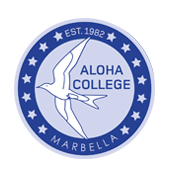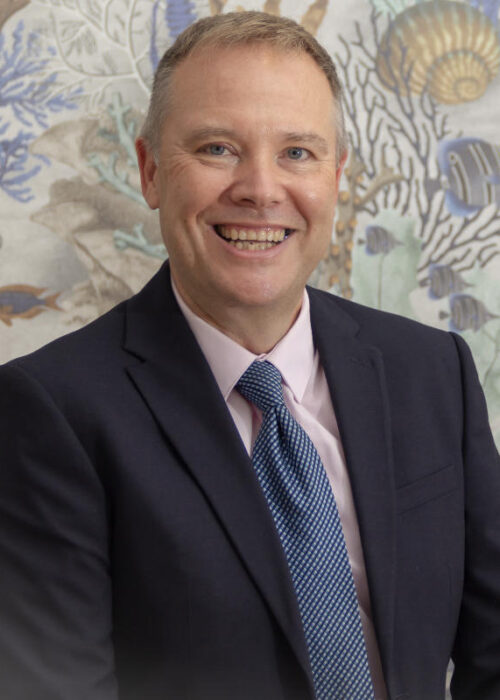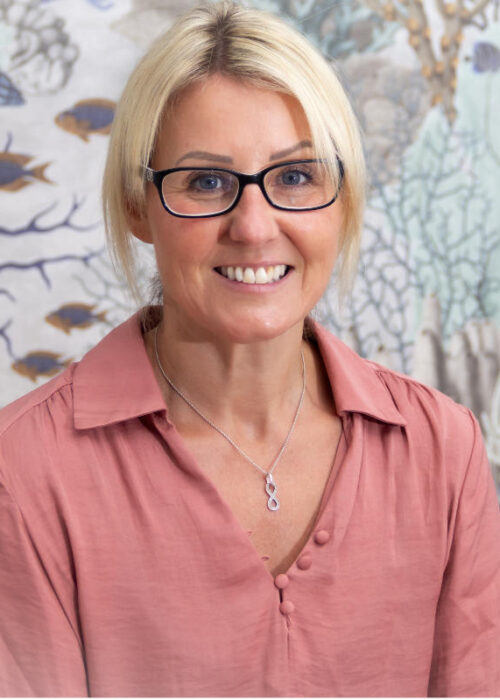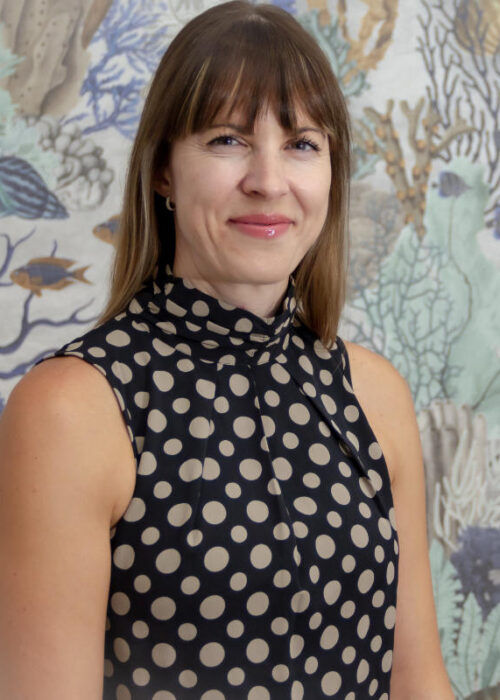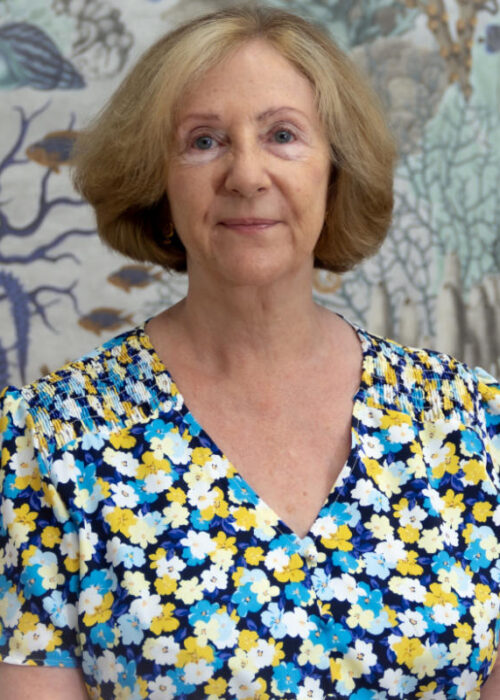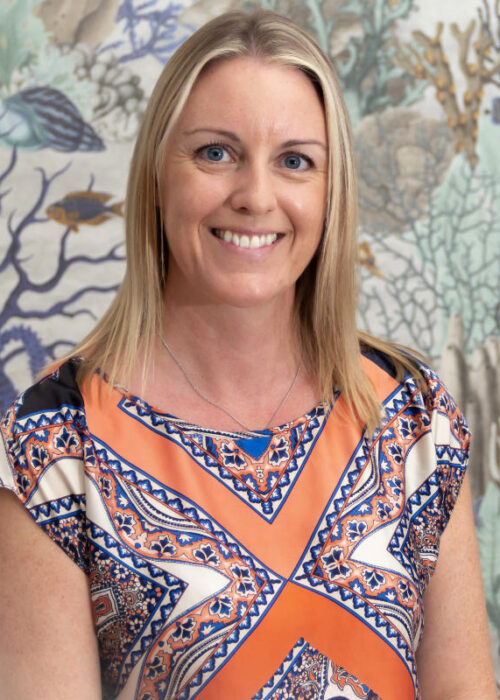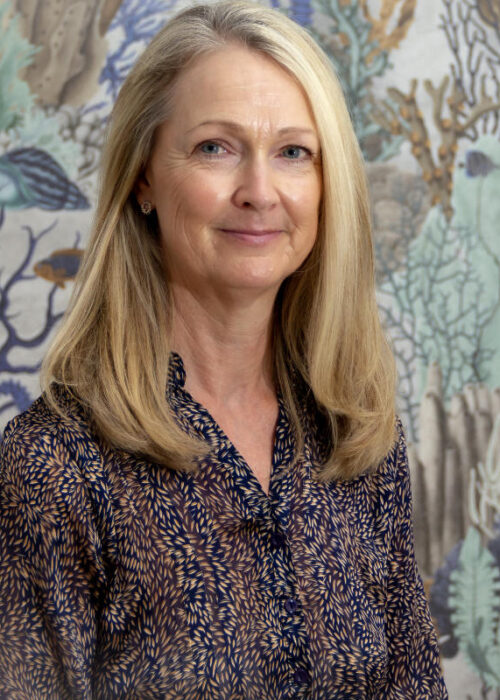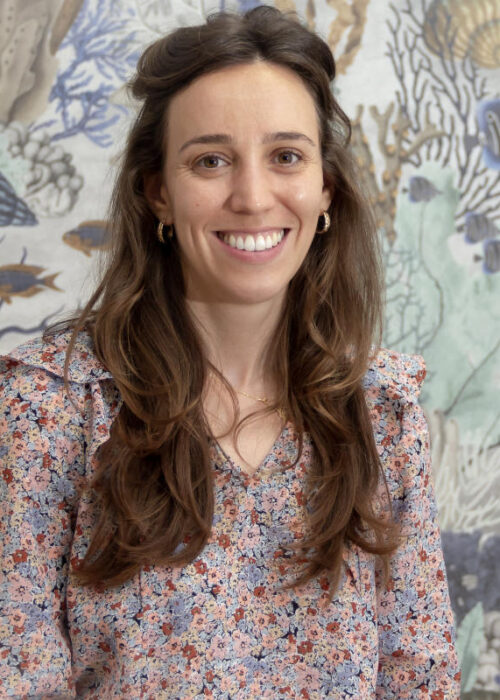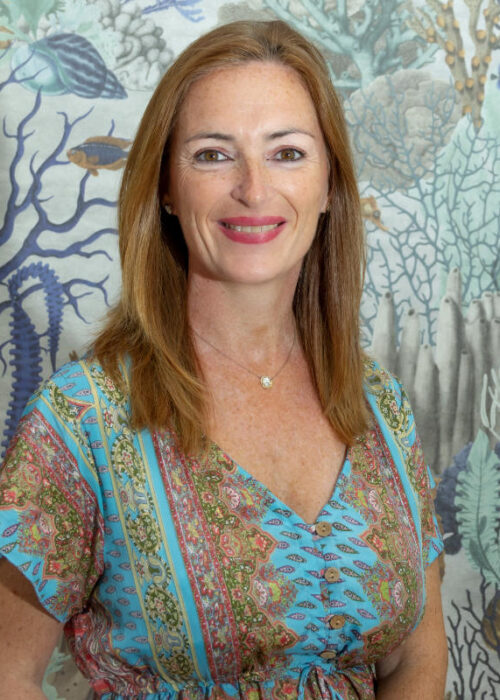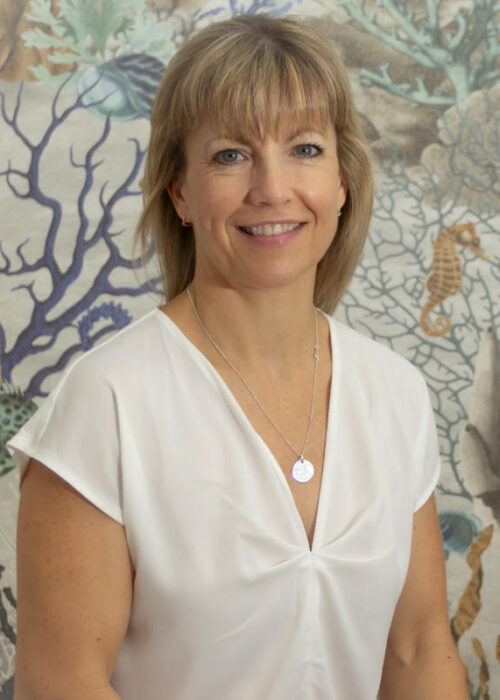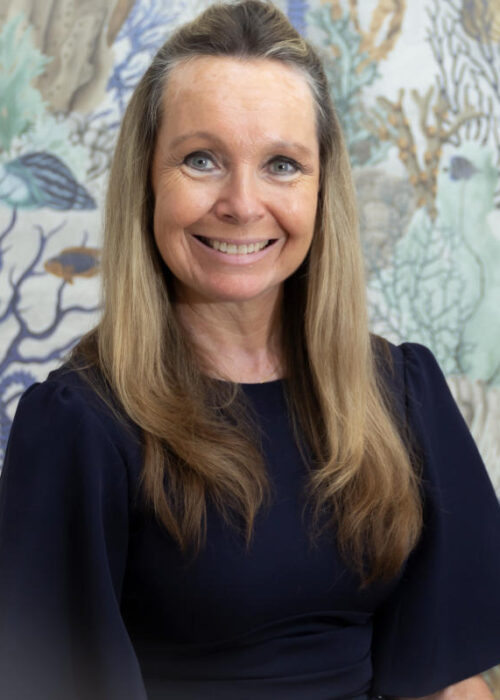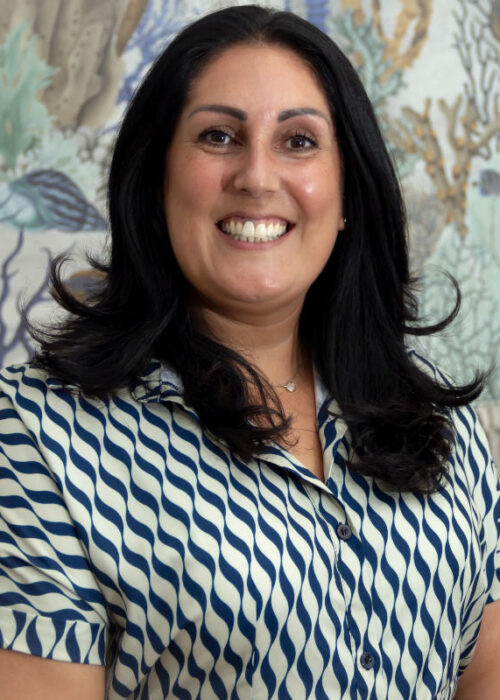Foundation Stage 2 is made up of two classes. Each class has an experienced early years teacher and a fully qualified teaching assistant, with the maximum class size of twenty-five children
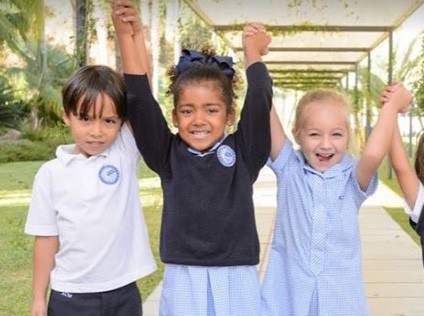
We are situated in two spacious and stimulating classrooms which are connected to allow all of the children to explore activities and areas of learning within both classrooms when the teaching allows. The classrooms are set up with a variety of areas to allow the children to explore their surroundings both independently and with support. These include a role-play area, construction area, malleable area, creation station, challenge area, a writing area and many more. In addition, our display boards are continuously adapted and changed to reinforce the learning and celebrate the children’s successes.
Children in FS2 participate in phonics activities everyday. Throughout the first term the children will be encouraged to learn letter sounds to enable them to them begin to read and write. We use the Jolly phonics and Read, Write Inc schemes to support the children’s development within Literacy (L). In addition to CLL the children also participate in Mathematical Development (MD) activities on a daily basis. We introduce the children initially to numbers to 10 through games and interactive activities. We ensure the learning is fun, relevant and builds upon the children’s prior knowledge.
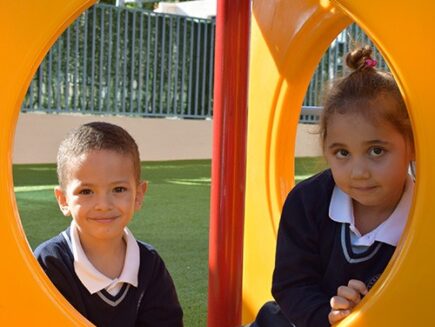
In addition to L and MD the children will cover the other areas of learning through a new topic each term which is based on the International Primary Curriculum (IPC). We provide the children with a variety of experiences linked to the topic to support and motivate their learning. This may include visiting speakers, school trips, cooking, role-play activities, trying new foods and learning different styles of dancing etc. Throughout the week the children will also go to a whole-school assembly, have sports lessons in the main school hall and outside areas and head to the ITC suit to build upon their computer skills.
The children are also taught Spanish by a qualified Spanish teacher and an assistant and the lessons complement the IPC topics. The children learn through differentiated activities to ensure both Spanish and non-Spanish speakers develop their linguistic skills at a level appropriate to each individual.l.
